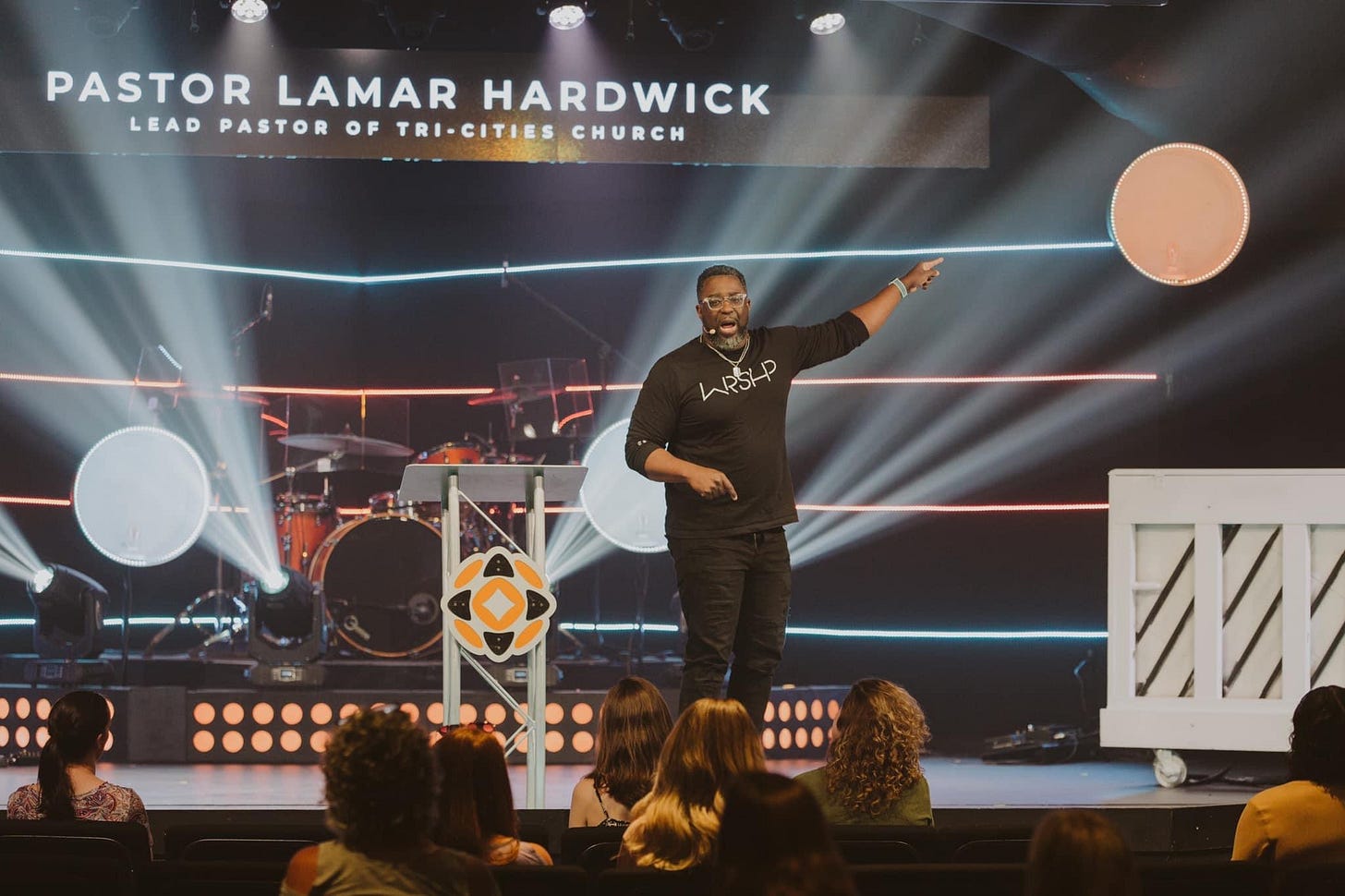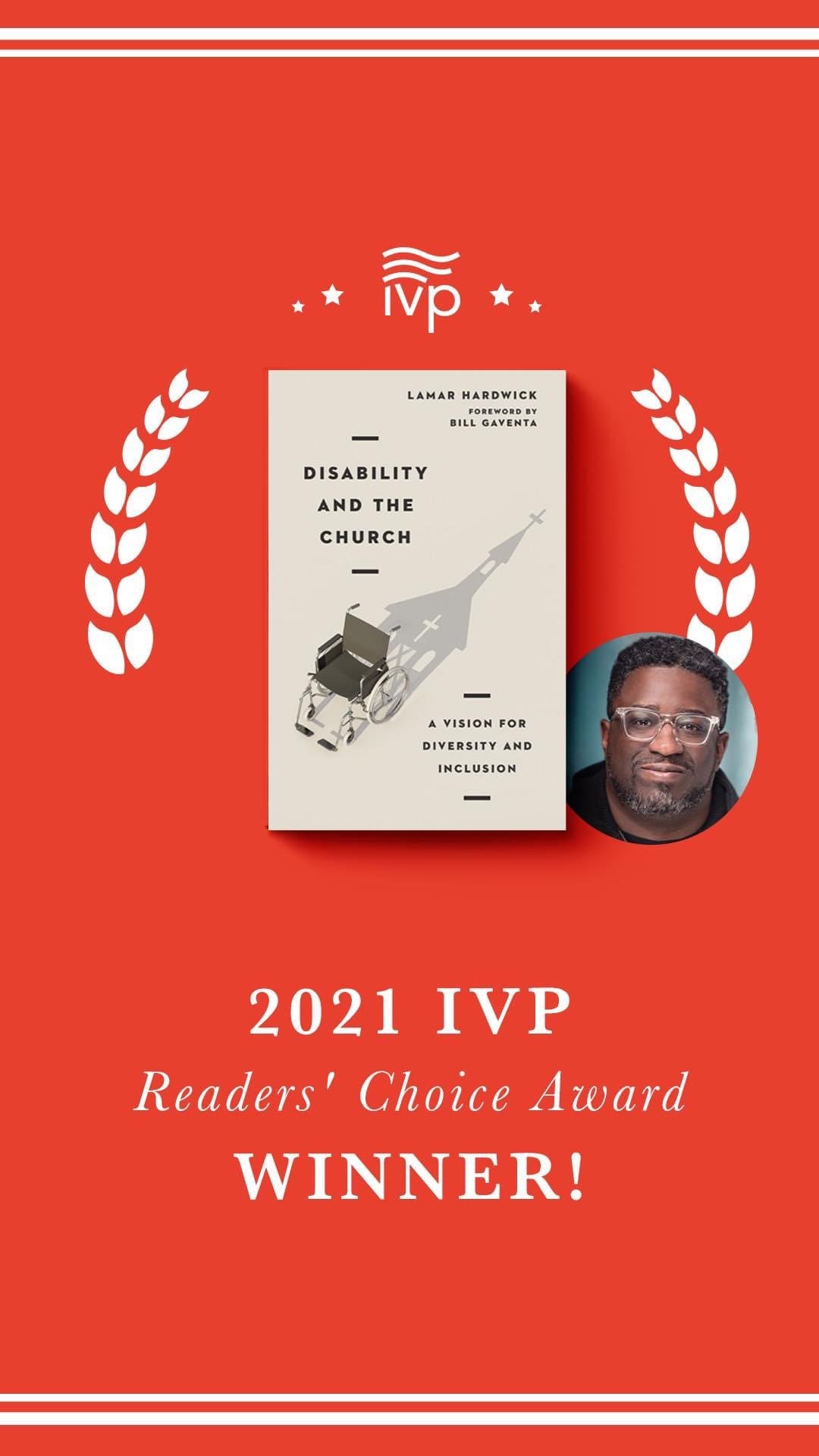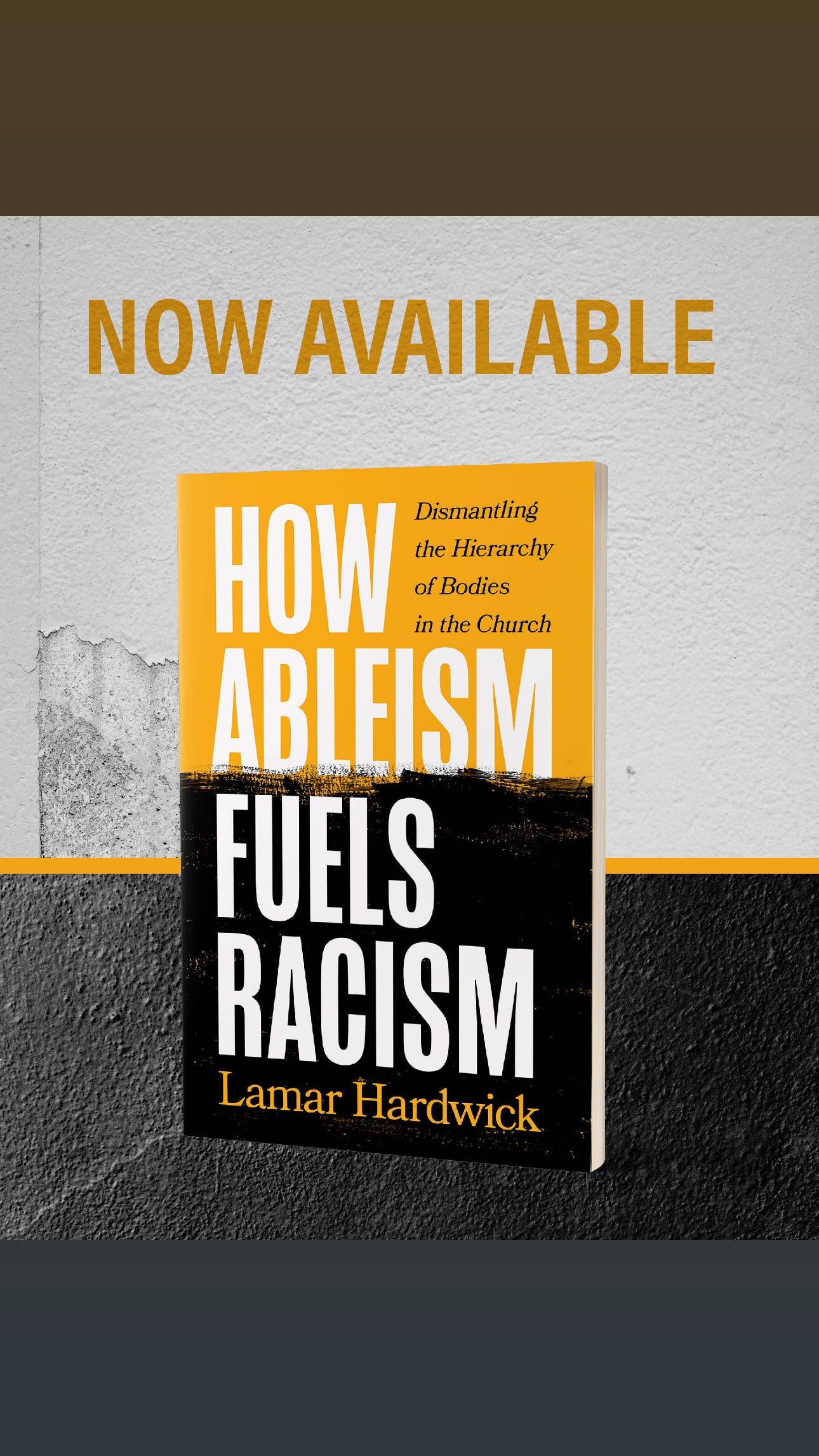On Monday, December 22nd 2014 I walked into the office of my therapist. I sat down on her couch with my wife by my side and I took a long deep breath and slowly exhaled, waiting for some answers to my 36 year-long question. After what seemed like a life time, she grabbed her clip board. She glanced over the multiple assessments we had completed in weeks prior and looked me in the eye and uttered the three words that changed my life, “Autism Spectrum Disorder.” While the diagnosis didn’t change who I was, it did change my understanding of who I had been. In many ways I have spent the last few years learning myself all over again.
As early as seven years old I began to be self-conscious about the differences between me and other children my age. It felt as though the entire world was in on an inside joke that I just did not understand. I had a difficult time understanding people and people had an equally difficult time understanding me. I was extremely stubborn, more so than the average child my age. I had a hard time with change. Simple shifts in schedules or environments would place me on edge. I appeared to operate with a robotically calculated persona. I took things extremely literally. At the age of seven, teachers discovered that I had been having accidents on the playground for weeks during the lunch period, simply because I took the instructions of teachers literally when they told us that the building was “not open until the bell rings.”
Every struggle that I had socially or educationally was the result of my lack of strength or at least that’s what I believed. Even in the midst of obvious struggles I was often characterized as weak, weird or just plain wrong. I was bullied by my peers, by teachers, and on occasion by other parents because I seemed strange, stoic, and sometimes rude or arrogant. Eventually I became afraid of people and at the age of 14 I turned to drugs and alcohol to cope.
In my first year of college, I decided to leave the life of drugs and alcohol behind me. A near fatal car accident caused me to re-evaluate my lifestyle and recommit my life to Christ. As a result, I was successful academically but I silently continued pretending to be someone that I was not created to be. It would still be decades before I would discover the language to describe my life.
In the autism community it is often said that adults who grow up with undiagnosed autism spectrum disorder, eventually learn how to blend in as a matter of survival. In my early adult years I was successful at doing just that. I learned how to mimic the behaviors, attitudes, and opinions of others so that I could have a shot at being “normal.”
Then one day just over one year after graduating college, God called me into ministry. I was both frightened and intrigued. What could God possible do with me? I was still so socially awkward and strange to so many people, why would God want someone like me? To be completely honest, I ignored God for almost a year thinking that he had the wrong Lamar. As it turns out, God knew exactly who he was calling and he knew exactly why he was calling me of all people.
I would spend the next 9 years trying to find my place in the church. I grew up in the church, so I knew just enough of the church culture to fake it, but still being a pastor required relational skills that I lacked. Pastoring was a social job and I wasn’t all that fun or exciting to be around. Most people didn’t even know that I could talk because I was just so quiet and unassuming. I would try several churches in my quest to fit in and follow my calling. Eventually I landed a role as a youth pastor at a church located in Lagrange, GA.
Youth pastoring was a perfect job for me. Most of the teenagers were as socially awkward as I was, so I fit in nicely. After two years New Community Church had started to become home. I felt safe there, and I could start being myself for the first time in a long time.
I am often asked about the circumstances surrounding my autism diagnosis. What made me seek out a diagnosis at age 36? The answer was a change in my leadership role at my church. In 2012, my predecessor resigned and I had to assist by taking on more responsibilities in the church which required me to spend more time around adults.
During the transition I would hear observations from various people in my church about their social interactions with me. At first I was defensive and angry until in dawned on me that much of what I heard was similar to things I had heard my entire life. My facial expressions were awkward. I looked angry and tired all the time. I was seen walking past people without stopping to speak. I just didn’t appear very social or approachable. I even had someone I worked with comment in an evaluation that “Lamar has a difficult time picking up on social cues in large settings.”
I knew that everyone couldn’t be wrong so I started investigating. Until that point I had never even knew there was such a thing as “social cues.” I knew that I was missing something important, because I would never intentionally walk past someone without speaking. After about a year of investigating on my own by reading and watching videos, I was pretty certain that I would be diagnosed on the autism spectrum so I mustered up the courage to talk to my wife and ask her to help me to find someone to evaluate me.
When I received the news, I knew that this was an opportunity to explore my faith in an entirely new way. Just one year early in December of 2013, I was named the Lead Pastor of New Community Church. If God knew that I was autistic prior to appointing me the lead pastor of his church, then perhaps God had a plan and purpose for my new discovery. As a result the words of Paul in 2 Corinthians 12 took on new life for me. “So now I am glad to boast about my weaknesses, so that the power of Christ can work through me.” (1 Corinthians 12:9)
On March 8th, 2015 through a video introduction of a new sermon series I shared with my church that just months earlier, I had been diagnosed with Asperger’s Syndrome, an autism spectrum disorder. In one of the most beautiful displays of love, acceptance, and community that I have ever experienced the congregation applauded, cheered, and even cried tears, and I simply exhaled. I knew I had done the right thing, and for the first time in almost my entire life, I knew that I was in the right place.
There are definitely parts of being autistic that impact how I pastor. Sensory processing issues as well as social anxiety have meant that I have had to focus on doing what I do well, and having help with tasks that I don’t do as well. It requires me to collaborate with my family, the congregation, the staff, and the elders of the church more closely so that the mission of Christ can be accomplished but in that collaboration is found the beauty of the body of Christ working together.
I’ve learned how to pastor more effectively by managing my time and sensory resources, maximizing my prayer and sermon preparation time, as well as leveraging the aspects of my autism that prove to be beneficial to my pastoral ministry. Like Paul, I have learned to allow would be weaknesses to become the platform for God’s grace to be seen through my life and ministry.
Autistic traits such as repetitive behavior, the need for precision and routine, and even the way my brain processes language have with practice, prayer, and patience become assets that have helped me develop into a visionary pastor and an excellent communicator. I practice, plan, and pray with more effectiveness now because I understand how God works through what some may consider weakness.
This journey has taught me to be more graceful and more authentic. It has taught me to not only share my hopes and my faith but to also share how my hurt frustration. It has taught me that the path toward being a better pastor is not pastor with authority, but to pastor out of my humanity, after all the Apostle Paul said it best “...when I am weak, then I am strong.”











Beautiful message
Powerful.